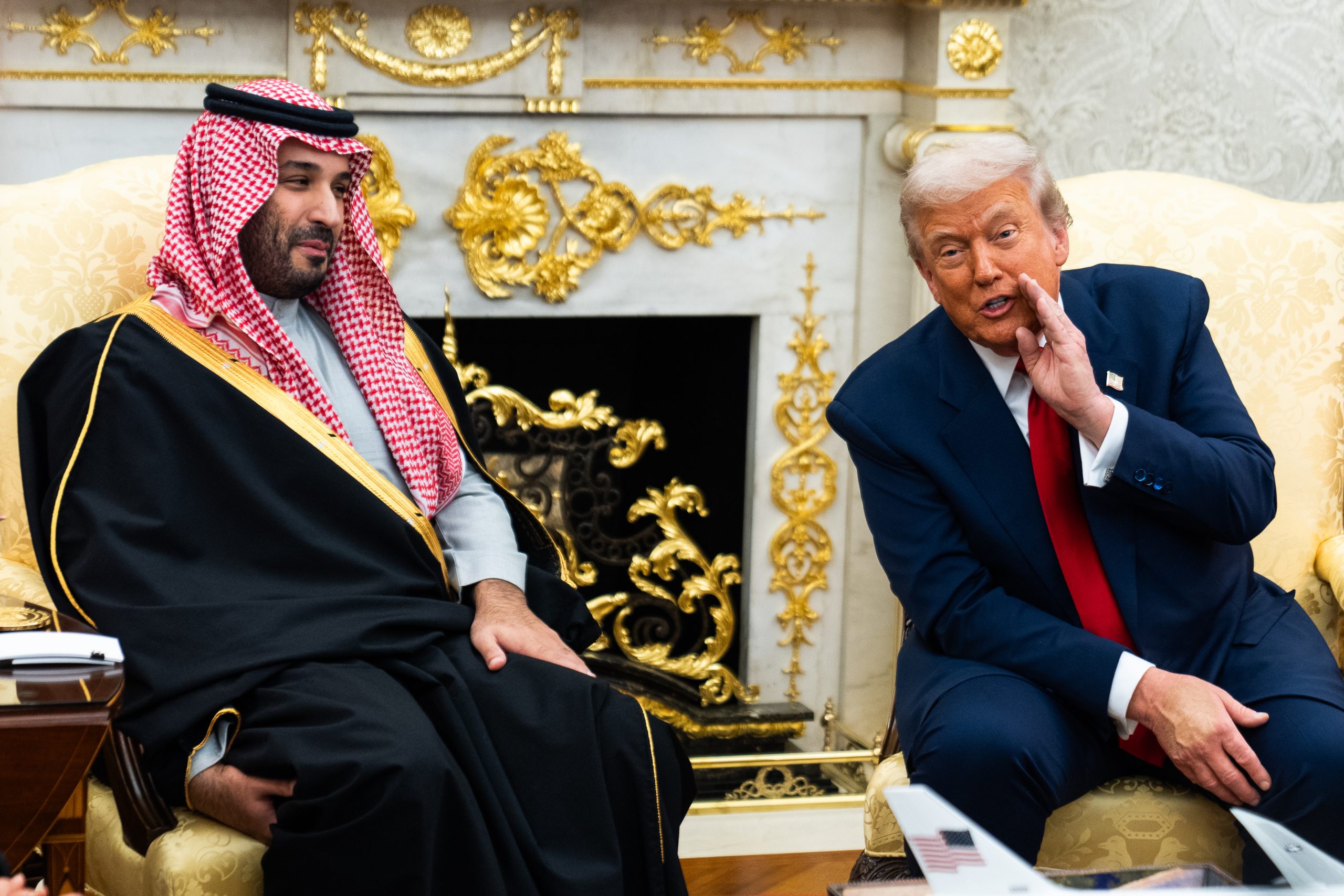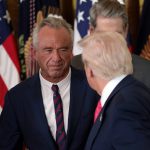Trump Embraces MBS: Is the US-Saudi Bond Unbreakable?
Former President Donald Trump’s recent meeting with Saudi Crown Prince Mohammed bin Salman (MBS) has reignited the debate surrounding the complex and often controversial relationship between the United States and Saudi Arabia. The meeting, held at Trump’s Mar-a-Lago resort, quickly became a focal point of discussion, particularly Trump’s seemingly casual dismissal of questions regarding the 2018 murder of journalist Jamal Khashoggi. This incident, which U.S. intelligence agencies have linked directly to MBS, has cast a long shadow over U.S.-Saudi relations.
A Contentious History and Strategic Imperatives
The U.S.-Saudi alliance, forged in the aftermath of World War II, has historically been built on mutual interests: U.S. access to Saudi oil reserves and Saudi Arabia’s reliance on U.S. military protection. However, the relationship has been tested by various factors, including differing geopolitical priorities, human rights concerns, and the rise of alternative energy sources. The Khashoggi murder, in particular, presented a significant challenge, prompting widespread condemnation and calls for accountability.
Despite these tensions, the U.S.-Saudi partnership has endured. The U.S. continues to view Saudi Arabia as a key player in regional stability and counterterrorism efforts, while Saudi Arabia relies on the U.S. for security guarantees and advanced weaponry. This dynamic, however, is not without its critics, who argue that the U.S. prioritizes strategic interests over human rights and democratic values.
Trump’s “Things Happen” Approach
Trump’s handling of the Khashoggi issue during the meeting has drawn sharp criticism. His statement, “A lot of people didn’t like that gentleman that you’re talking about. Whether you like him or didn’t like him, things happen, but he knew nothing about it, and we can leave it at that,” was widely seen as insensitive and dismissive of the gravity of the situation.
This approach highlights a recurring theme in Trump’s foreign policy: a transactional approach that prioritizes personal relationships and short-term gains over long-term strategic goals and ethical considerations. It also raises questions about the future of U.S. foreign policy and the willingness of future administrations to hold authoritarian leaders accountable for human rights abuses.
The Future of the Alliance
The U.S.-Saudi relationship remains a critical component of global politics, but its future trajectory is uncertain. While the strategic imperatives that have underpinned the alliance for decades remain relevant, evolving geopolitical dynamics and shifting domestic priorities could reshape the partnership in the years to come. The willingness of the U.S. to address human rights concerns and promote democratic values will be crucial in shaping the future of this complex and consequential relationship.
SOURCE: Vox
Based on materials: Vox





